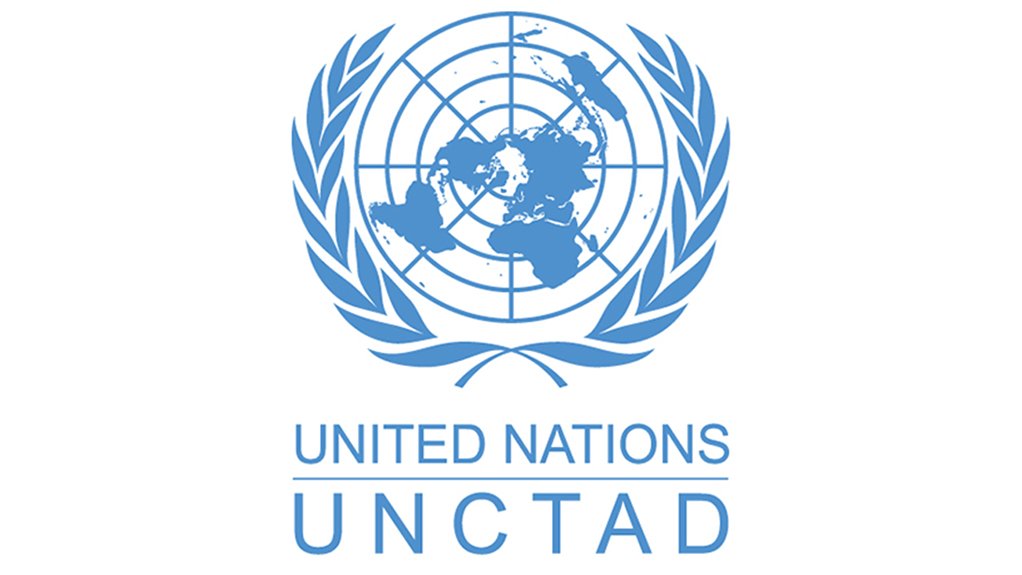- Double taxation treaties and their implications for investment0.83 MB
Double taxation arises where comparable taxes are imposed in two or more jurisdictions on the same taxpayer in respect of the same income or capital and for identical periods. The obstacles it presents can hamper investment. To avoid this, jurisdictions with significant ongoing cross-border trade and investment may opt to conclude a double taxation treaty (DTT) that provides the terms for eliminating double taxation. Given the material impact that DTTs can have on investment, it is important that investment policymakers understand their main features and are able to engage in debates related to different DTT policy options.
DTTs are international agreements that aim to alleviate double taxation arising from cross-border business activities. They are the central pillars of international tax coordination and despite their bilateral nature and divergent details, they all follow the same overall patterns determined by model conventions put forward by the United Nations and the Organisation for Economic Co-operation and Development.
The model rules have been subject to ongoing revisions triggered by globalization, changes in business and investment practices and to respond to common schemes to avoid or evade the payment of taxes. Especially over the last decade, key provisions of model DTTs have experienced significant reforms as a result of the ongoing Base Erosion and Profit Shifting (BEPS) Project initiated under the auspices of the OECD. These changes, among others, have significant impacts on investment.
Supporting investment policymakers in understanding DTTs, this guide focuses on their most relevant features. It revolves around what investment policymakers need to know about the different DTT design options, considering their investment implications. It identifies the most important DTT provisions that have implications for investment policymaking:
- Preamble
- Scope of DTTs
- Permanent establishments
- Allocation rules
- Methods for elimination of double taxation
- Anti-abuse provisions
- Non-discrimination
- Dispute resolution
- Exchange of information
For each of these provisions, this guide sets out the implications of the pre-BEPS version. It then introduces the reform options and implications of the OECD/G20 BEPS Project proposals and makes reference to the United Nations recommendations.
By doing so, this guide also aims to stimulate interaction between investment and tax policymakers. The tax and investment policy communities share broader common objectives: promoting investment and mobilizing resources for sustainable development. As tax- and investment-related measures are governed on the international plane by separate but interacting networks of treaties, each community needs to understand the basic principles that underlie both types of agreements.
This guide for investment policymakers and the related investment treaty guide for tax policymakers published by UNCTAD in 2021 are intended to help develop a common understanding of the terms and concepts in both types of treaties and thereby to provide the basis for an intensified dialogue between the two communities. Coordination between tax and investment policymaking could help increase coherence and accelerate the reform processes that are taking place at the national, bilateral, regional and international levels.
Report by the United Nations Conference on Trade and Development
EMAIL THIS ARTICLE SAVE THIS ARTICLE ARTICLE ENQUIRY
To subscribe email subscriptions@creamermedia.co.za or click here
To advertise email advertising@creamermedia.co.za or click here











